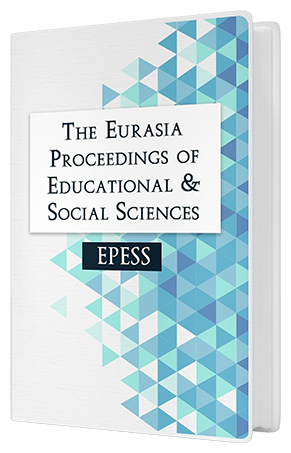ATTITUDES OF THE SLOVAK UNIVERSITY OF TECHNOLOGY STUDENTS TO THE CREATION AND PROTECTION OF THE ENVIRONMENT
Keywords:
Environmental education, ecological literacy, cognitive dimension, emotional dimensionAbstract
The paper addresses the level of environmental and ecological literacy of the students of Slovak University of Technology in Bratislava. The authors deal with literacy in stated area in three synergetic dimensions: cognitive, emotional and conative. In the cognitive level are mapped the general knowledge of students regardless of the technical field of their studies. They analyze students' views on teaching at the Technical University from the viewpoint of the need for clarity and acceptability of the effect of technology on the environment not only "here and now", but with a time lag of several years or decades. By the Semantic differential method, they try to find the answer to the question about the quality of students' attitudes to the issue of development and environmental protection. They identify explicit and implicit factors (family, society, training and education process or teacher-student interaction, issues of pattern) which are dominant in the formation of positive and negative attitudes of students of university of technology to the creation and protection of the environment. Conative dimension corresponds to measure of subjective activities of students in this area and refers to the relationship between power factor, evaluation factor and the activity factor in the semantic differential.Downloads
Published
Issue
Section
License
Copyright (c) 2017 The Eurasia Proceedings of Educational and Social Sciences

This work is licensed under a Creative Commons Attribution-NonCommercial-ShareAlike 4.0 International License.
The articles may be used for research, teaching, and private study purposes. Any substantial or systematic reproduction, redistribution, reselling, loan, sub-licensing, systematic supply, or distribution in any form to anyone is expressly forbidden. Authors alone are responsible for the contents of their articles. The journal owns the copyright of the articles. The publisher shall not be liable for any loss, actions, claims, proceedings, demand, or costs or damages whatsoever or howsoever caused arising directly or indirectly in connection with or arising out of the use of the research material. All authors are requested to disclose any actual or potential conflict of interest including any financial, personal or other relationships with other people or organizations regarding the submitted work.




